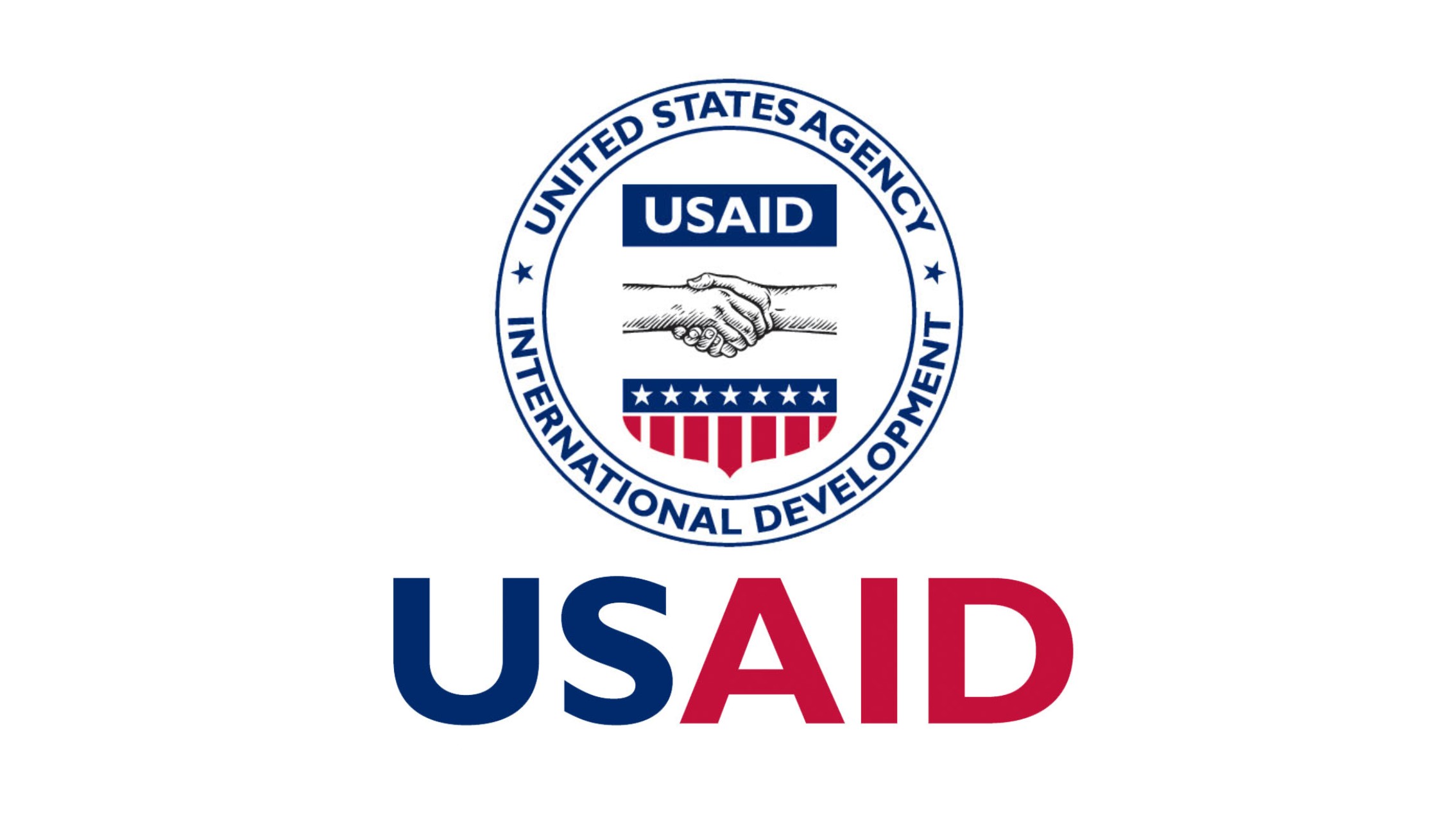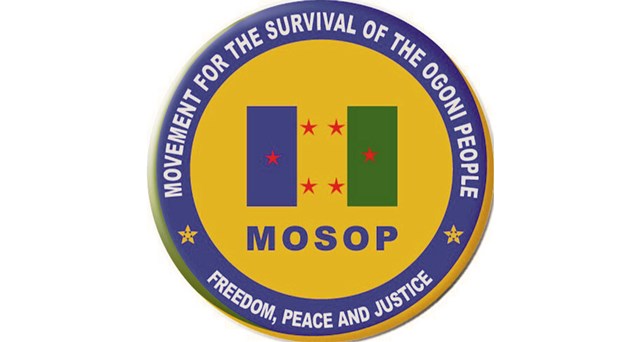Business
Ukraine War: Nigeria, Africa Face Extreme Poverty

As a result of the continuing Russian and Ukraine war, which is currently affecting the commodity market, the World Bank has predicted that more people in Nigeria and its Sub-Saharan neighbours are expected to fall into extreme poverty.
A report obtained via a World Bank newsletter at the weekend, titled, “Global Economic Prospects,” Russia’s invasion of Ukraine and its effect on the commodity market supply chains has explained that inflation, and financial conditions have intensified the slowdown in economic growth.
The Washington-based bank further explained that the possibility of high global inflation could eventually result in tightened monetary policy in advanced countries which might lead to financial stress on emerging markets and developing economies.
The report also quoted the World Bank President, David Malpass, as saying that the world was facing the deepest global recession since World War II.
“The global economy is facing high inflation and slow growth at the same time. Even if a global recession is averted, the pain of stagflation could persist for several years, unless major supply increases are set in motion”, he said.
The report added that growth in Sub -Saharan Africa is projected to slow to 3.7 per cent this year, reflecting forecast downgrades of over 60 per cent of regional economies.
Meanwhile, price pressures, partly induced by Russia’s invasion of Ukraine, are sharply reducing food affordability and real incomes across the regions.
“More people in Sub-Sahara Africa (SSA) are expected to fall into extreme poverty, especially in countries reliant on imports of food, and fuel. Fiscal space is narrowing further as the government ramps up spending on subsidies, support to farmers, and in some countries, security.
“However, the impact of the war will vary across countries, as elevated commodity prices will help soften the damaging effects of high inflation in some large commodity exporters”, it stated.
Among the risks to the forecast, prolonged disruptions to food supply across the region could significantly increase poverty, hunger, and malnutrition, while persistent inflation could ignite stagflation risks and further limit policy space to support recoveries.
An elevated cost of living could increase the risk of social unrest, especially in low-income countries, the report further hinted, adding that Russia-Ukraine war would reduce the disposable income of Nigerians, which would, in turn, affect the standard of living.
Business
USAID Re-emphasizes Agricultural Collaboration With Nigeria

Business
Nigeria’ll Lead In Agricultural Export This Year – Tinubu

Business
NDLEA, NIMASA Strengthen Cooperation Against Drug Trafficking

-
Business12 hours ago
No Mandate To Revive National Carrier – Aviation Ministry
-

 News13 hours ago
News13 hours agoOgoni Day: MOSOP Unites, Demands Share from OML 11
-

 Politics7 hours ago
Politics7 hours agoAPP Wants INEC To Conduct By-Election To Fill Rivers Assembly Vacant Seats
-
Niger Delta12 hours ago
We’re Upgrading Tourism Sites Across C’River – Otu
-

 Niger Delta12 hours ago
Niger Delta12 hours agoKalabari Media Forum Hails Recognition Of Dokubo Asari As Amayanabo
-

 News13 hours ago
News13 hours agoIn 2025, God’ll Crush Rivers Enemies – Fubara …Prays For Peace, Progress Of State …As He Attends Crossover Service In Opobo
-
News4 hours ago
Old Students’ Association Marks Anniversary
-
Rivers12 hours ago
Security: Experts Task Govt On Support For Paramilitary Organizations

